2024-25 Student Travel Grant Recipients
The Forensic Sciences Foundation (FSF) is pleased to announce the recipients of the 2024-25 Student Travel Grant Award. The Student Travel Grant consists of a complimentary conference registration and travel expenses (up to $1,500) to attend the American Academy of Forensic Sciences 76th Annual Scientific Conference in Baltimore, MD. The FSF was able to provide the award to 9 individuals this year.

Görkem Ayas, MD, PhDc (Psychiatry & Behavioral Science Applicant)
Görkem is a Neuroscience PhD student at Koç University, having graduated from its School of Medicine in 2023 and from Health Administration in 2023. His research focuses on forensic psychiatry and trauma-related disorders, with a particular interest in dissociative identity disorder. He completed an elective forensic psychiatry clerkship at Rutgers Robert Wood Johnson Medical School with esteemed forensic psychiatrist Prof. Vivian Shnaidman, MD. Görkem is also the coordinator of Somatic Symptoms Research Group in the Global Collaboration on Traumatic Stress.
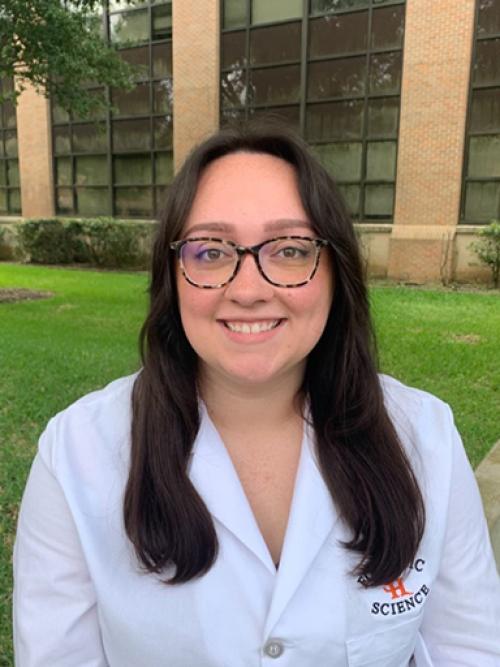
Alleigh N. Couch, BS (Criminalistics)
Alleigh Couch is a fourth-year doctoral student in the Department of Forensic Science at Sam Houston State University. She earned a BS in biology from the University of North Texas in 2021. Her dissertation research focuses on the development of metal-ligand ion complexation methods to differentiate hemp and marijuana. Alleigh anticipates graduating in spring 2026.

Maggie M. Klemm, MA (Anthropology)
Maggie is a first-year PhD student at the University of Nebraska-Lincoln. She previously received her BS in anthropology from Western Carolina University and her MA in anthropology with a forensic anthropology graduate certificate from the University of Nebraska-Lincoln. Her doctoral dissertation research will be focused on using forensic anthropological and osteological techniques to produce comprehensive osteobiographical analyses of the human remains excavated from archaeological sites in Barbuda in the face of climate disruption and rising sea levels.

Kathryn Melançon (Pathology/Biology)
Kathryn is a fourth-year undergraduate student in Arizona State University's Forensic Science Program. She has been a part of the Parrott Research Lab since her freshman year with her largest independent project thus far involving the best DNA preservation methods for larval blow fly specimens. Throughout her college career, she has developed an interest in medicolegal death investigation and has volunteered at the Maricopa County Office of the Medical Examiner in Phoenix, AZ, in both the Investigations Department and the Exams Department. Inspired by this experience and fueled by her passion for pathology, her current research focuses on the effects of decomposition on DNA integrity and how this impacts identification efforts. She plans to attend medical school in the near future so that she may pursue a career as a forensic pathologist.
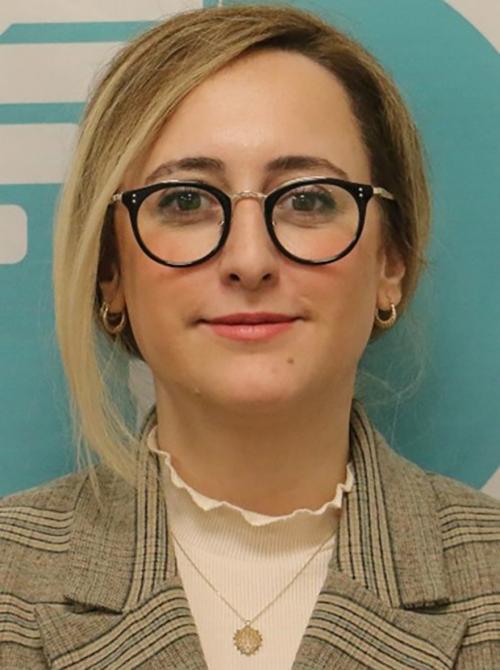
Nurdan Sandikçi, PhDc (Criminalistics)
Nurdan graduated from Gazi University Department of Biology in 2014. In 2019, she received her master's degree from Istanbul University-Cerrahpaşa Forensic Medicine Institute. Currently, she continues her PhD study at Üsküdar University, Institute of Addiction and Forensic Sciences. In addition to her studies in the field of forensic science, Nurdan did her internship at the Police Criminal Department of the Istanbul Police Department. While working as an assistant specialist in the R&D laboratory of World Medicine Pharmaceutical Company, she gained experience especially in instrumental methods and validation. She has been working as a Research Assistant in Üsküdar University, Department of Forensic Sciences, where she joined in 2020 as Forensic Sciences Laboratory Supervisor.
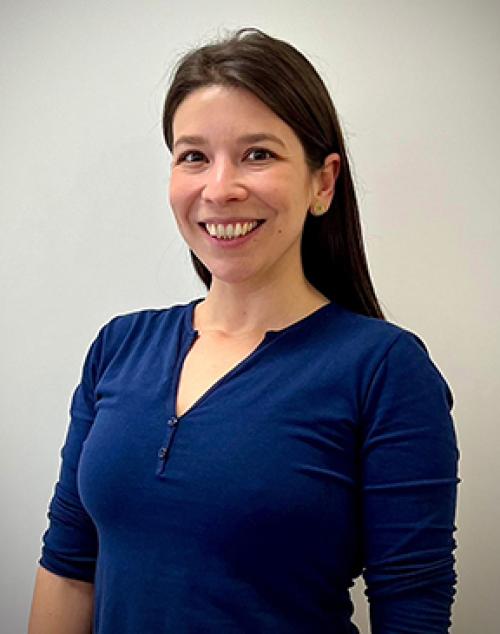
Alexandra Semma Tamayo, MS (Anthropology)
Alexandra is a forensic anthropologist from Colombia. She received her master's degree in forensic anthropology from the University of Central Lancashire in the UK in 2014. Before starting her full-time doctoral studies in the United States, she worked for the Police Enforcement and the National Institute of Legal Medicine and Forensic Sciences in Colombia. Currently, she is a PhD candidate at Binghamton University, focusing on improving methodological approaches to bone trauma analysis in forensic anthropology, particularly gunshot trauma to tubular bones. Through this research, Alexandra aims to contribute to the understanding of trauma in the investigation of deaths related to armed conflict contexts.
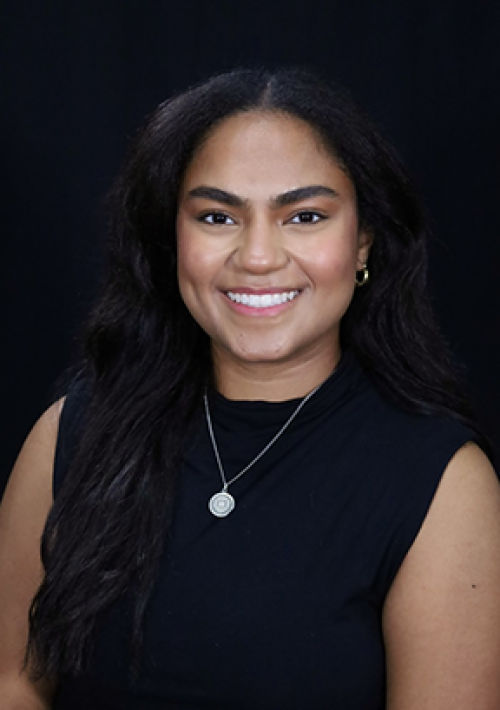
Sarajane Smith, BA (Anthropology)
Sarajane is currently a second-year master's student at Mississippi State University studying applied anthropology. She received her BA from the University of Notre Dame in anthropology and Latino studies. She is the Graduate Manager of the Mississippi Repository for Missing and Unidentified Persons, a team lead for the MS State Forensic Recovery Team, and a graduate researcher in the Forensic Laboratory and Skeletal Histology (FLASH) Center. In 2024, she received an NSF-GRFP to research the geospatial patterning of missing persons in Mississippi as well as consider the sociopolitical and economic variables, such as law enforcement budgets and access to health care, that are possible risk factors contributing to missingness and differential case statuses. Her research interests include the impact of social factors on bone health, bone biology, structural violence, necropolitics, and geospatial forensic investigation.

Giada S. Steiger, MSc (Anthropology Applicant)
Giada is a first-year PhD student in forensic anthropology at Liverpool John Moores University. Her academic journey started in molecular biology and has since expanded into the fields of forensic anthropology and computer science. Her current research focuses on the application of machine learning for the analysis of cut marks on human bones. Giada's goal is to develop a cutting-edge tool that enhances the efficiency and accuracy of sharp-force trauma analysis, providing valuable support for criminal investigations.
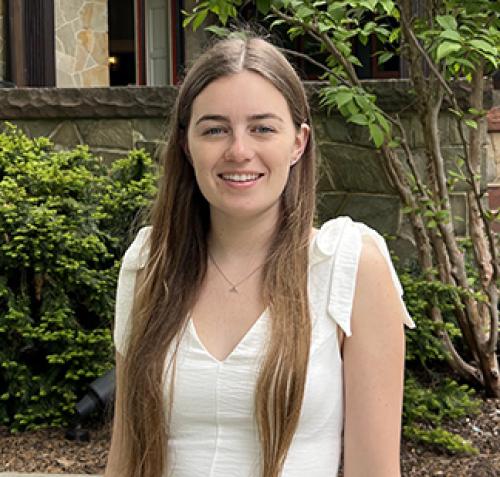
Kelly Waters, BS (Pathology/Biology Applicant)
Kelly is a PhD student at Michigan State University studying decomposition ecology and insect-microbe interactions. She received her BS from Loyola University Maryland where she worked on a project characterizing content of dermestid beetle artifacts. Her current research focuses on bacterial community change in necrophagous beetle internal microbiomes and soil throughout the decomposition process.
The views and opinions expressed in the articles contained in the Academy News are those of the identified authors and do not necessarily reflect the official policy or position of the Academy.